- 3.71K Posts
- 901 Comments

 1·1 month ago
1·1 month agoYeah, sure clean all yards but start with your own.
Do you say that to Europe, to China, or both?
It’s obvious you’re addressing only Europe. Why?
This is what I meant with ‘The West bad, China bad okay’. It’s hypocritical. It’s double-standards. It’s ignorant and disgusting.

 3·1 month ago
3·1 month agoWhat about cleaning all yards? This ‘the West bad, China bad okay’ stance is dehumanising and ignorant. [Edit typo.]
Ja, und Fakt ist nunmal, dass China von der Krise in Griechenland profitiert und den Hafen von Piräus übernommen hat, nicht Deutschland, wie von Dir irrtümlich gepostet.

 1·1 month ago
1·1 month agoI posted this elsewhere already, but it also fits here goven many of the posts in this thread: It is not just about data/privacy concerns (which are underestimated imo, as China pursues an own agenda with collecting your data through Chinese tech) and ‘unfair’ subsidies, but about gross human rights violations.
In short, some parts of the cheap Chinese cars are made in concentration camps where people are forced to work under catastrophic conditions.

 2·1 month ago
2·1 month agoI posted this elsewhere already, but it also fits here goven many of the posts in this thread: It is not just about data/privacy concerns (which are underestimated imo, as China pursues an own agenda with collecting your data through Chinese tech) and ‘unfair’ subsidies, but about gross human rights violations.
In short, some parts of the cheap Chinese cars are made in concentration camps where people are forced to work under catastrophic conditions.

It is not just about data/privacy concerns (which are underestimated imo, as China pursues an own agenda with collecting your data through Chinese tech) and ‘unfair’ subsidies, but about gross human rights violations. In short, the cheap Chinese cars are made in concentration camps where people are forced to work under catastrophic conditions.

 1·1 month ago
1·1 month agoThe EU Council approved a ban on June 24 on access within the bloc to four key Russian state-run or controlled media outlets effective the next day (June 25):
- Rossiyskaya Gazeta
- Voice of Europe
- RIA Novosti
- Izvestiya.
The EU already banned other Russian propaganda outlets before, such as RT and Sputnik.
Bitte gerne. Bei all der Propaganda ist es nicht immer einfach, den Überblick zu behalten, selbst bei einfachen Fakten. Da sind dann oft kleine Sachen wichtig. Schrittchen für Schrittchen sozusagen.
@hsdkfr734r Der Hafen von Piräus, der bedeutendste und grösste griechische Hafen, gehört jetzt China, nur um ein Beispiel zu nennen. Denn er ist nicht der einzige.

 2·1 month ago
2·1 month agonachvollziehbaren Informationen.
Ja, genau. Deshalb braucht es u.a. auch unabhängige Audits. Dann wäre alles nachvollziehbar.

 1·1 month ago
1·1 month agoDas ist nicht nur eine Frage des Zolls. Viele Produkte -in der Auto- ebenso wie in praktisch allen anderen Industrien- werden in Zwangsarbeit hergestellt, und zwar auch, aber nicht nur in Xinjiang. Solange China keine unabhängigen Audits seiner Lieferketten zulässt (was u.a. VW kürzlich offen gesagt hat), sollte sich die Frage nach Zöllen gar nicht erst stellen. Produkte, die unter solchen menschenverachtenden Bedingungen produziert werden, sollte es gar nicht geben. Europa braucht u.a. auch ein viel strengeres Lieferkettengesetz.
Zudem gefährdet China durch seine Unterstützung Russlands im Ukraine-Krieg und sein aggressives Verhalten im Südchinesischen Meer die internationale Sicherheit (auch das wird in letzter Zeit wiederholt angeprangert, mittlerweile sogar von Politikern in Europa).

 1·1 month ago
1·1 month agoNaja, streng genommen nicht. Ein Kommentar soll ‘nur’ alle Seiten eines Themas beleuchten, aber nicht die Meinung derer, die das schreiben. Die Meinung der Journalisten und -innen sollte belanglos sein. Daran hält sich nur (fast) niemand in der Branche.

 6·1 month ago
6·1 month agoNaja, das hängt wohl von der Meinung ab. Wenn es um konservative Meinungen geht, dann sind die öffentlich-rechtlichen vorne dabei: https://www.tagesschau.de/kommentar/chatkontrolle-eu-102.html

 3·1 month ago
3·1 month agoThis isn’t an Italian problem, there are bad people everywhere. In Italy it’s not better nor worse, so there’s no reason to pidgeonhole a nation.

 5·1 month ago
5·1 month agoDie ARD wird halt immer mehr zu dem, was die Programmdirektorin draus macht?

 7·1 month ago
7·1 month agoIt’s a bot with a funny human touch 😅

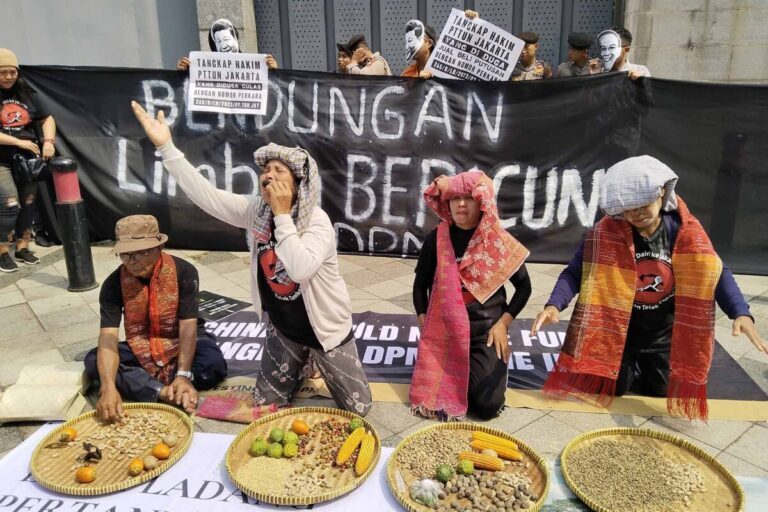

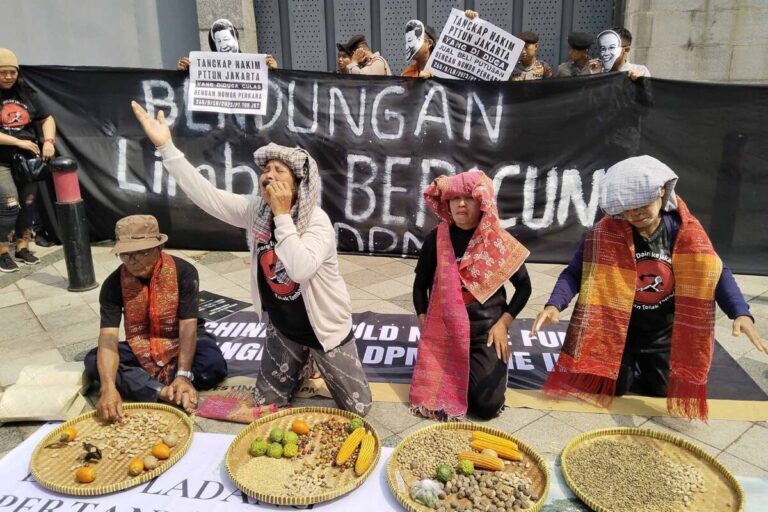

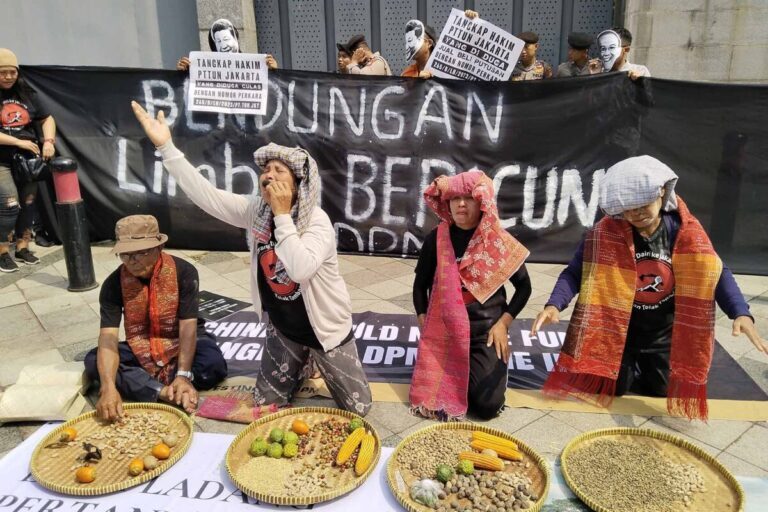

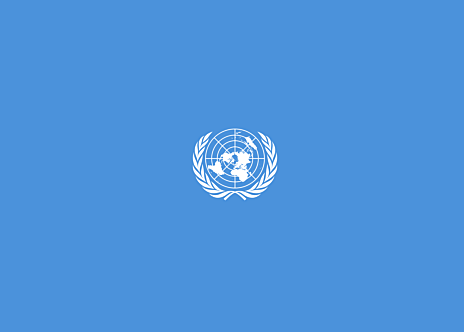

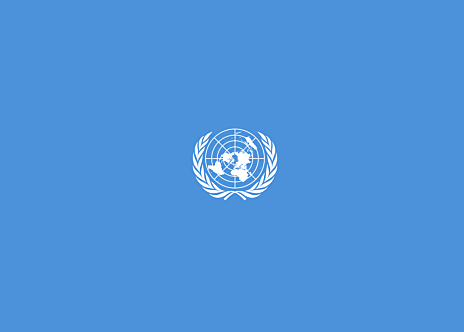

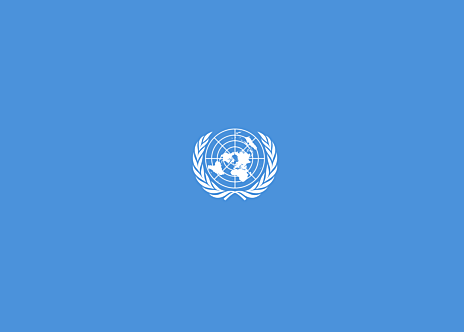



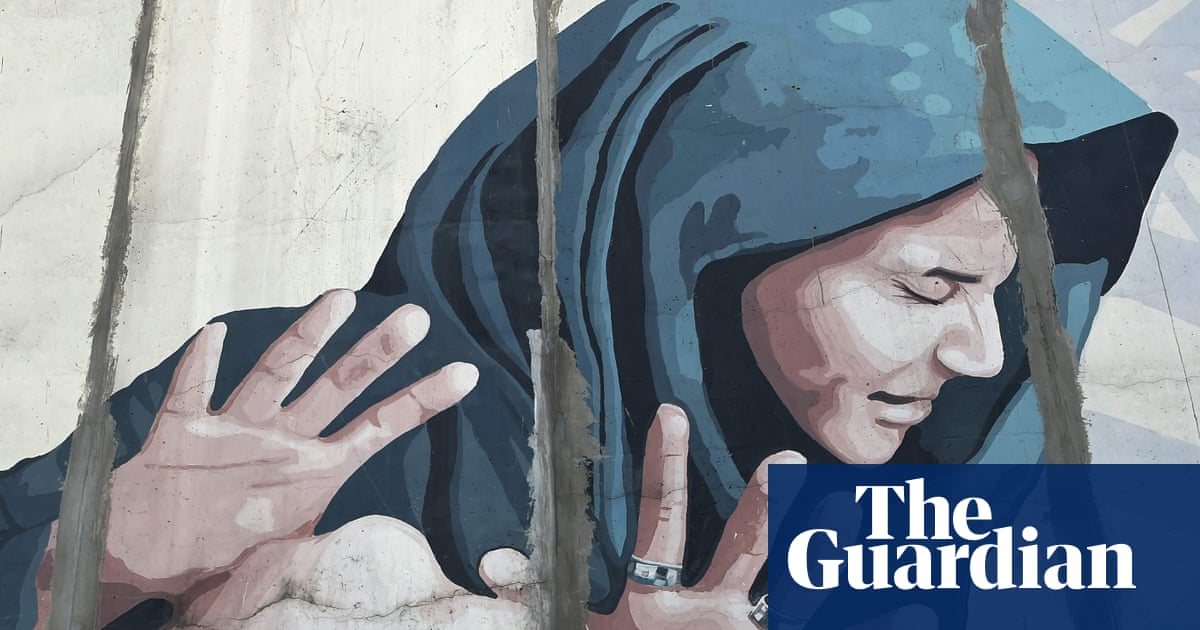
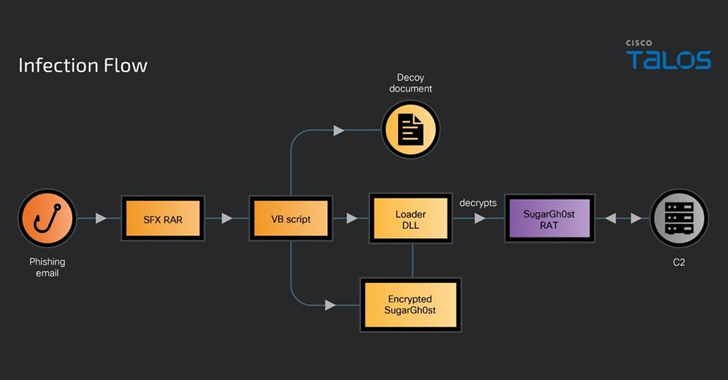

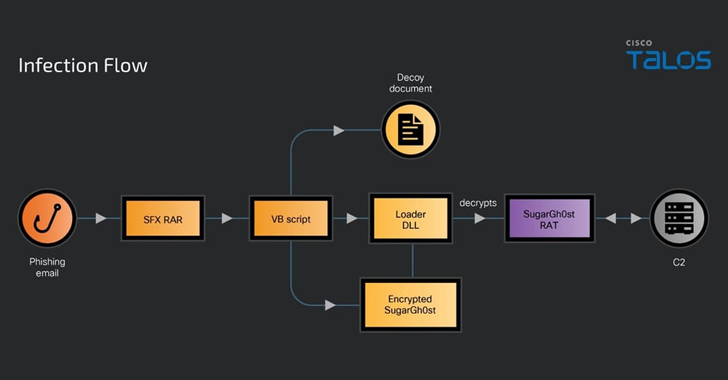
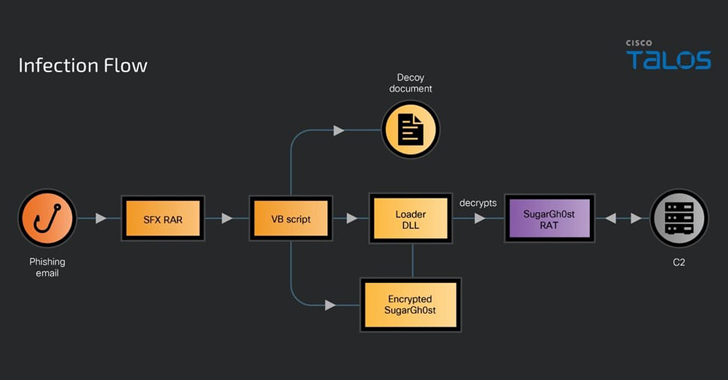


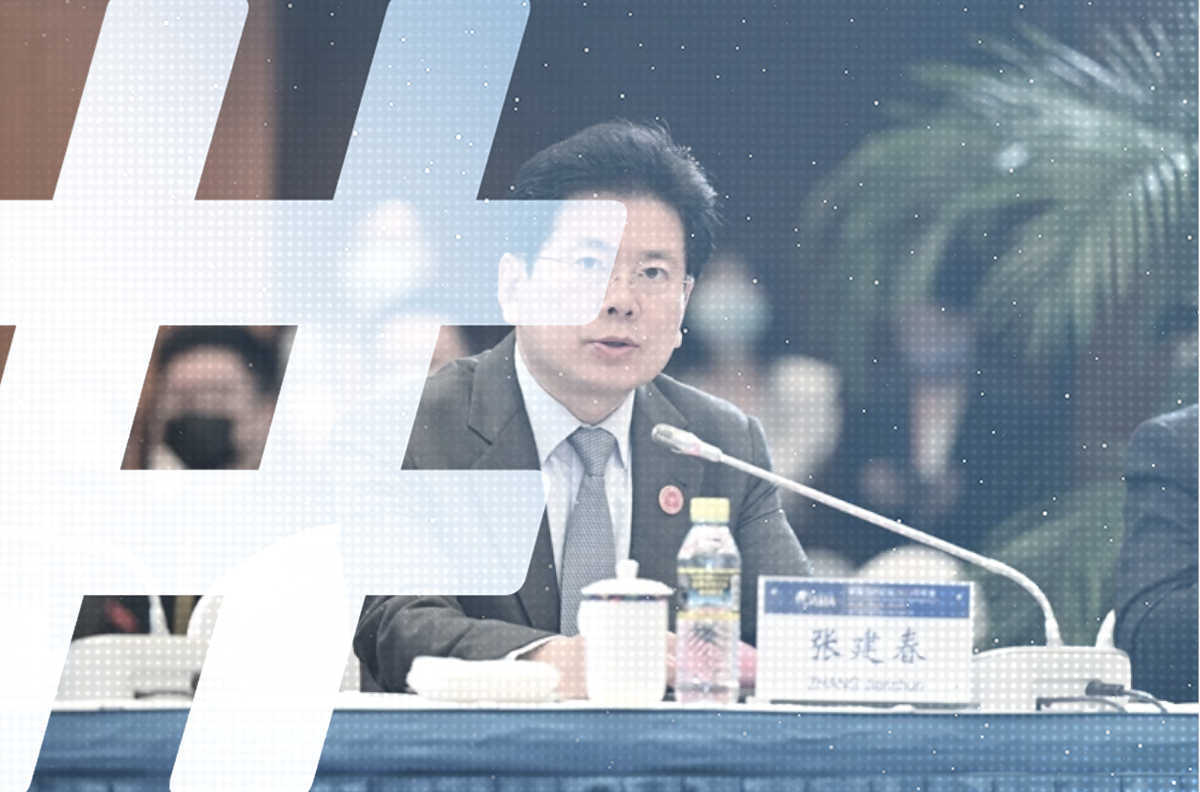
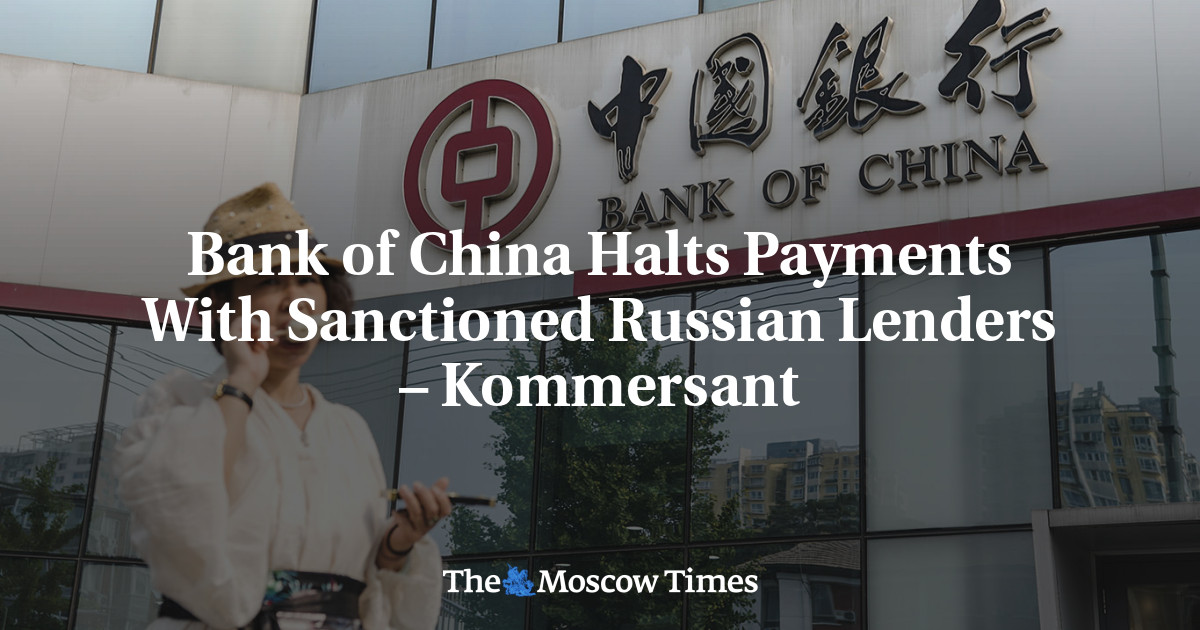
The working culture in China is really ‘unique’: rigid and extremely hierarchical (and patriarchal) structures, staff is expected to work overtime.
Just noticed that there is even a Wikipedia article about (but you’d find many other sources on China’s ‘996 working hour system’):
996 working hour system
The system is still very widespread, although deemed to be illegal as the article also says.
[Edit typo.]